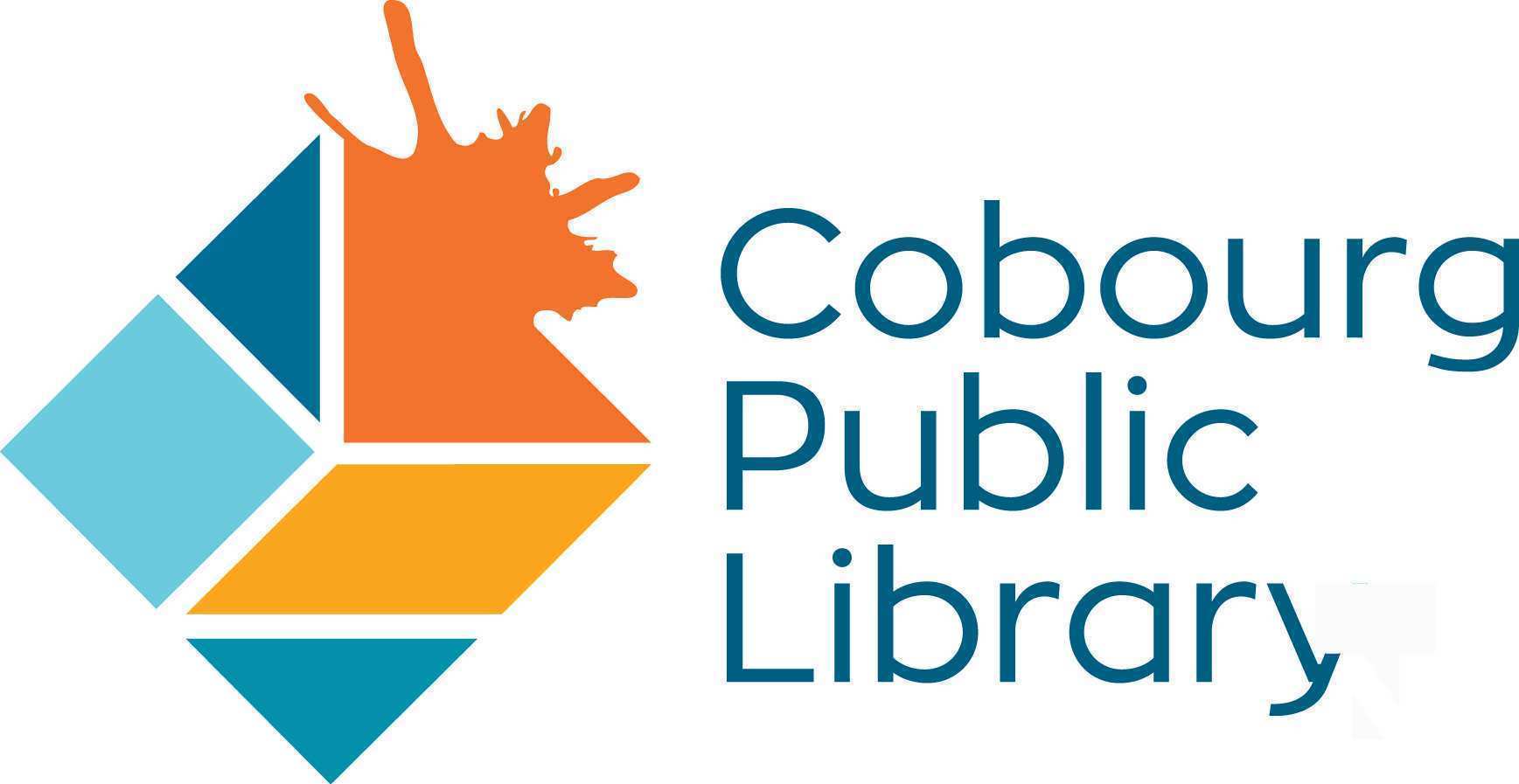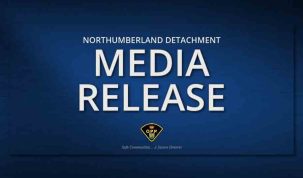Hours of service at the Cobourg Public Library will likely undergo significant reduction in 2026, following Mayor Lucas Cleveland’s recent directive – under his newly acquired Strong Mayor Powers – ordering next year’s budget increase ask not to exceed 3%, and also proposed changes to the Memorandum of Understanding with the town that imposes new expenses.
The discussion dominated Wednesday’s meeting of the Cobourg Library Board, as the time for submitting its 2026 budget nears.
Chief Executive Officer Tammy Robinson noted that the 3% increase would amount to $36,000 at a time of increased costs for salaries and benefits (negotiations now ongoing), materials, programming, utilities and insurance.
On top of that, there are the new costs of taking on its own IT services, internet and website, as provided in the draft MoU.
To find more income is a challenge, Robinson said.
Funding from the province is set, and revenue from late fines is down (in part because e-books are only made available for a limited time).
Meeting room rentals are steady, but the library’s hopes to gain additional space when archival materials go to the new county archival building were dashed in March. Staff shared a plan with Cobourg council to use that space for rentals, bringing in as much as $15,000 in additional annual revenue, but council took no action (it was later learned that, prior to the presentation, the town had decided to keep that space for its own records storage).
“It is their building in the end, they do get to decide what that space is for,” Robinson allowed, adding, “we will be focusing on the interior of the library proper to see what we can do to manage the space that we have.
“It’s going to be difficult, because there’s not a lot of different ways that you can use that space without spending a considerable amount.”
“They really stymied our ability to bring in any kind of revenue at a time where that would be perfect,” board member Bonnie Young commented.
Robinson reported that, if it held to the 3% increase in the mayor’s directive there would be a $206,644 shortfall.
With three Hamilton Township branches, the library also submits a budget to that municipality. But township Deputy Mayor Larry Williamson conveyed treasurer Nusrat Ahmed’s shock at the 8% request and her insistence that the township would not go beyond 3% if that’s the increase Cobourg allows.
Robinson said any requests to the township cover only costs associated with the three branches, including a new one in Cold Springs that opened in early July as a pilot project. It’s open Wednesdays from 3 to 6 p.m.
The hope is to open it two days a week next year instead of the one, but this would increase staffing costs as opposed to the current pilot project, where the once-weekly schedule allows it to be covered by two managers troubleshooting and doesn’t cost the township anything additional for staffing.
“This will be a decision for (Hamilton Township) council, if you want to keep Cold Springs, how that’s going to look. The only other expense that is exclusively the township are the take-and-make kits, which are $1,600,” Robinson said.
Other potential savings to the township could come from reducing programming (craft night, storytime, book club) or cutting hours at the Bewdley and Gores Landing branches.
As for the Cobourg branch, Robinson suggested if that portion of the budget is submitted at the demanded increase limit of 3%, a memo should be attached detailing the impacts. Robinson characterized these as “high,” speculating an hour reduction from current levels that could be the equivalent of two days per week.
“You just can’t survive on a $36,000 increase,” she stated.
“If that happens, then there’s a lot of repercussions that come from that.”
She also pointed out that – unlike previous years – Strong Mayor Powers have taken away the library’s chance to make any kind of case for their budget, as it does not go before council.
“It’s only to the mayor and to the committee that he’s putting together. I don’t even know whether they’ll accept a paragraph about summation,” she reminded the board.
Her proposal was to create a budget adhering to the 3% directive for the September board meeting (including a memo indicating where service reductions will be necessary), with the board to pick between that one and the library’s draft budget to go to the mayor.
“You need to see the full picture either way. Let’s face it, whatever decision the board makes and sends to the mayor, the community’s going to come after the board and staff,” she said.
In such a case, Robinson said, those complaining would be reminded that the mayor provided the directive – “this is completely a mayor’s decision, not ours.”
Board discussion also centred around the new first-time expenses imposed by the draft MoU, under which the library will take on its own Information Technology support, internet and website.
Robinson indicated that this was completely unexpected, and the proposed timeline unreasonable.
“The town wants to transfer ownership and management of IT assets to the library by Dec. 31, 2025, so that, effective Jan. 1, 2026, the library is going to assume full responsibility for all aspects of its IT, including but not limited to Wifi service, network infrastructure, hardware, software maintenance and overall IT support.
“They’re not even going to provide IT support any more, which they’ve done since the beginning of time,” she said.
“They are no longer going to be responsible for our integrated library system first-level hardware-software support, software support for library business or library employees. They’re not going to provide any training – which is fine, they never did – nor support for devices.”
Robinson added that the town wants to remove the library as a landing page on its website, forcing the library to have its own dedicated stand-alone site (in spite of a recent redesign of the town website that included the library).
The library will also have to purchase its own Cyber insurance, as opposed to the current practice of being covered under the town’s.
Robinson thanked board members Williamson and Councillor Aaron Burchat for their “invaluable” information, thanks to their municipal and work backgrounds.
“The town feels we should be our own entity, essentially like every other service the town provides,” Burchat said, listing Cobourg Police Service, Lakefront Utilities and Northam Industrial Park as examples.
One challenge is that the library currently uses the town’s internet, which relies on a fibre optic, a Lakefront Utilities service that is being decommissioned.
Another is that the town has asked for timelines.
“We could obviously say we don’t want to do this stuff all in year one,” Burchat said.
“I feel like the website thing, it’s very low priority.”
Looking at the costs – staffing, consultants, insurance – Robinson noted that there’s no money that comes with the demands. Burchat wondered if these costs should be outside of the mayor’s 3% budget request. Robinson agreed.
“It should be a separate request, as they are the ones requiring this. (Putting it in the budget) would just make our percentage ask way too high – the only thing we should be putting in the budget is what the maintenance is going to be year-after-year-after-year, which we have incorporated that in. But the initial output, we definitely have to put that into the MoU,” Robinson said.
“If we don’t get the money, it can’t be done, and the only way we get money (for IT) is from the town.”
Robinson said a three-year plan has been created, for which the library will have to send out RFPs.
“What we’re proposing in the MoU is, for 2026, the library gets their own IT support. That’s important – we need that support first before we really do anything else,” she stated.
In 2027, the library gets its own firewall and internet.
In 2028, the library gets its own website. Even though the library site is just a landing page on the town’s site, she added, library staff already update and maintain it.
Robinson has approached Northumberland County for help, but they already help other municipalities and cannot handle the library’s bandwidth needs. She plans to reach out to a couple of companies, with board permission, but will not be able to get numbers in time for budget submission – estimates will have to be used.
She acknowledged Ken Williamson’s advice to look for purchasing agreements that cover municipalities and Ontario libraries, but said, “It’s just new territory for the library. We’ve always had (IT) provided, and we have paid part of our share, but this is just so new.
“With all the changes happening at the town, I think this is something that’s not a bad idea, to separate from them at this point to have more control. However, my concern is, one, making sure that we’re doing things right, which I know Aaron and Ken are going to keep us on track and, two, the funding for all of this.”
The board voted to direct Robinson to investigate viable options and, as necessary, seek Requests for Quotations from qualified vendors or service providers in order to move forward with the migration of IT services as outlined in the draft MoU.
























